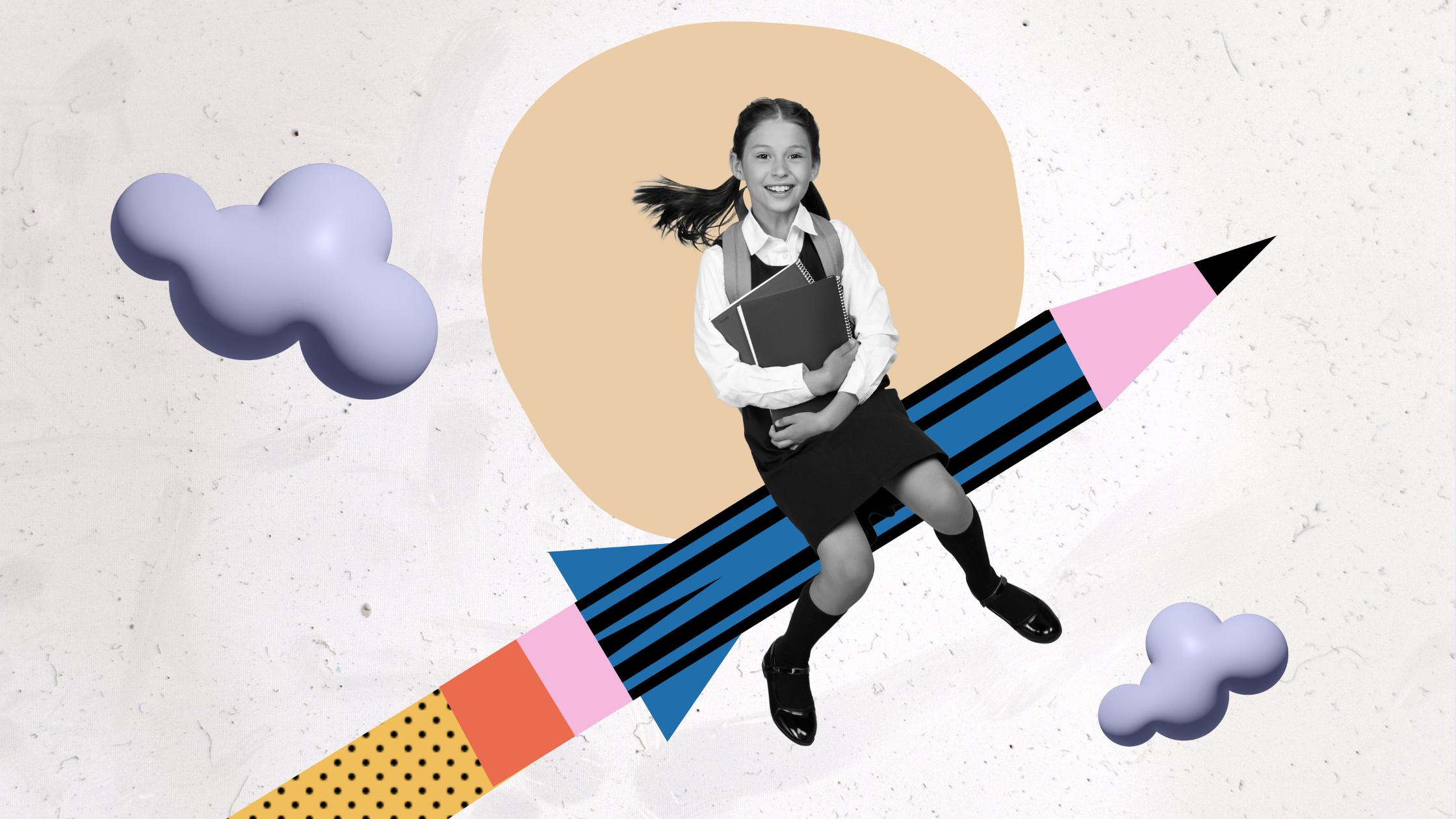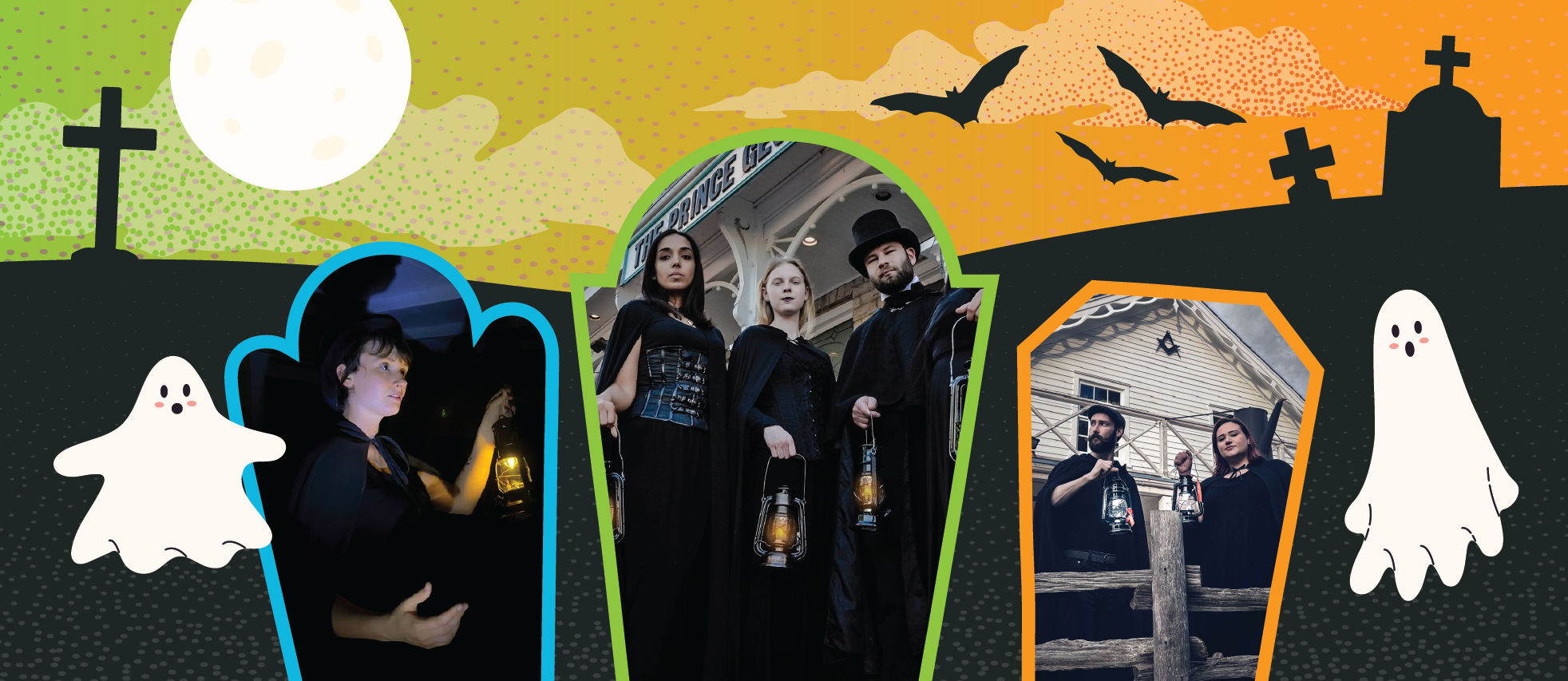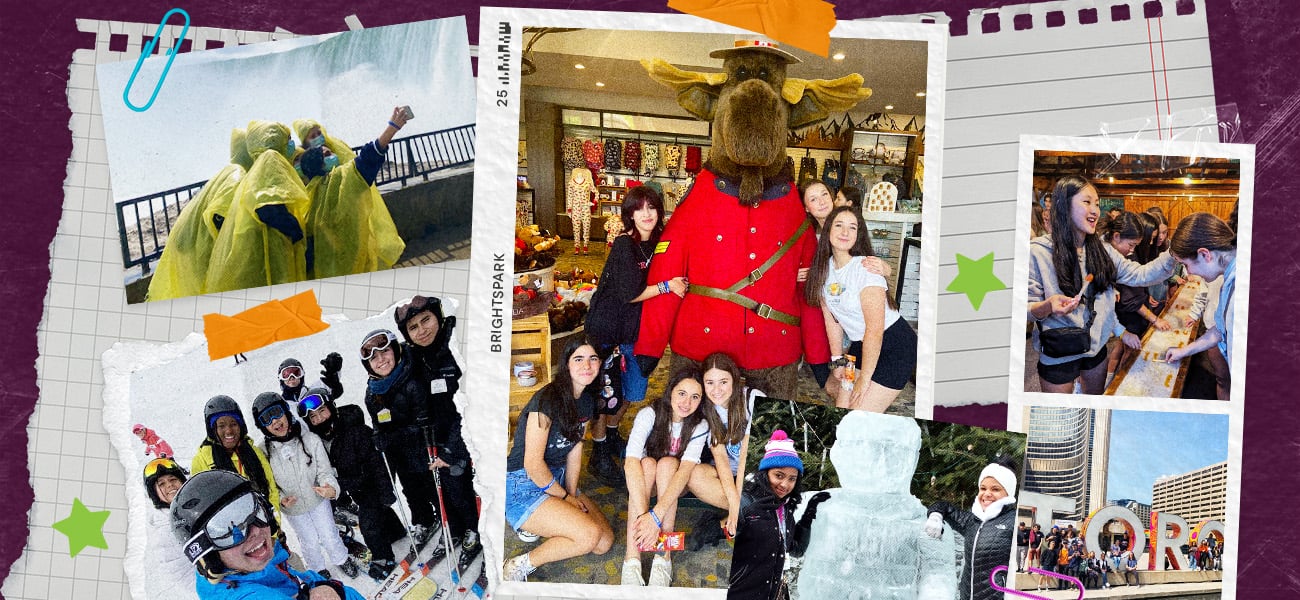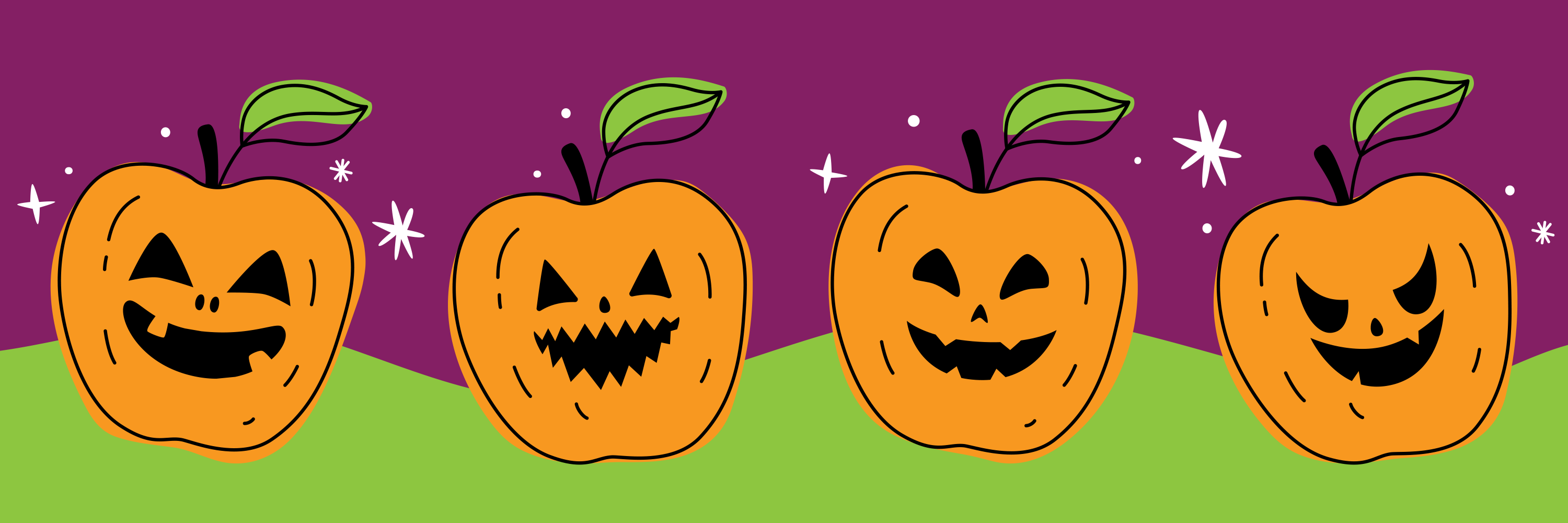Considering leading an educational trip? You're embarking on an exciting adventure that will literally change your students' lives for the better!
Say what? Yes, it's a thing. Our Group Leaders and team members have seen plenty of incredible interactions and life-changing moments over the years. On any trip, students gain social-emotional and life skills, find new motivations, and engage with and retain the content better than they do in a classroom.
Adults who took educational tours as students are twice as likely to graduate from university and make an average of $20,000 more after graduating.
Prepare them for the real world.
Travel remains one of the most authentic ways to provide strong social and emotional learning opportunities. Self-awareness, self-management, responsible decision-making, relationship skills, and social awareness are all crucial to becoming independent, resilient adults, but how does one teach these?
By leaving their comfort zones and interacting with other students and the general public in a new place, your students learn how to manage their emotions and conduct themselves appropriately in locations they may not have visited before: on a motorcoach, on the street, in a museum, or in a cemetery. Additionally, it gives them visibility into what the world is like outside of their hometown and encourages self-confidence and leadership as they successfully navigate travelling to and exploring a new place. Something as simple as trying a new food can expand students' willingness to consider others' perspectives, respect differences, and accept that everyone should be uniquely valued.
"The greatest benefits, in my opinion, are the students getting to build their soft skills and the opportunity to get excited about something. When travelling, you need to be responsible and punctual, budget your money on snacks and souvenirs, and act with respect while you are out in a world unlike the one you know. Seeing new things while learning through museums, walking tours, old buildings, etc. allows students to get excited about history, art, and culture, which I think are important aspects of life that don't normally receive the right attention." - Tamara Bozickovic
"Bartering with a vendor for a great deal on a souvenir blanket! To some, this may not be outstanding, but it was an opportunity to overcome cultural and language barriers and successfully find favourable common ground in identifying a fair price for the item. This example stood out to me as a benefit unique to educational travel because the Group Leader said he feels confident this student will have finetuned life skills from this experience to barter well in the future when purchasing larger items, such as her first car!" – Claire O'Connor
Show them there's more out there.
Not all students thrive in a classroom and, as a result, may not enjoy school. By allowing your students to learn in spaces other than the classroom, you're offering them the opportunity to investigate their best-suited method(s) of learning. Research agrees: In the 2008 Ofsted report Learning Outside the Classroom, they found that students who were hard to motivate responded well to hands-on activities and had better behaviour, achievement, and motivation afterwards.
"Taking students on an educational trip is like opening the door of possibilities and directing their eyes to something new. Not every family has the chance to travel, and when educators take on the responsibility of leading students to new destinations, they help shape their students' lives. Educational trips give an opportunity to observe the world from different perspectives. They encourage students' curiosity, broaden their horizons, challenge their limits, and invite them to try new things. What could be more educational than this?" – Paola Briata
Make your lessons extra-memorable.
By incorporating an out-of-the-classroom experience into your curriculum, you connect what you're teaching to the real world and help students understand why it's important. Students will take what they've read in textbooks or their class notes and correlate it with the sites they visit and the experiences they have on tour. Give them a pop quiz when you return to see the results for yourself!
"After a trip to Ottawa, when the news is on parliament, students find pride in saying 'Hey, I was there!' and maybe will pay more attention to what is happening. For some students, this trip is their first time away from home and their first true test of independence. They learn how to share a hotel room and [not to] leave their stuff all over, coordinate shower time, and get themselves ready without prompting. They learn how to advocate for themselves and budget their spending money to ensure it lasts the duration of the tour. Then, there is the social bonding—so many students will forever remember their trip. – Nina Chabot
There are many more benefits to educational travel than we've included here, but you get the picture! Look at it as an investment in your students who'll one day shape the future by taking what they've learned and applying it to their future endeavors. Begin planning a Brightspark tour today to see how your students will grow. Visit our website to browse all your tour options and quickly request a quote from the same page when you find the right one. Or reach out by phone at 1-800-267-6425 or email at emailus@brightsparktravel.ca to get started.



![Hunt for Ghosts Across Canada [Classroom Resources]](https://www.brightsparktravel.ca/hubfs/BSCA-2022-Halloween-hero-BLOG.jpg)

![What Even is Hallowe’en? 🎃 [Classroom Resources]](https://www.brightsparktravel.ca/hubfs/halloween.jpeg)
